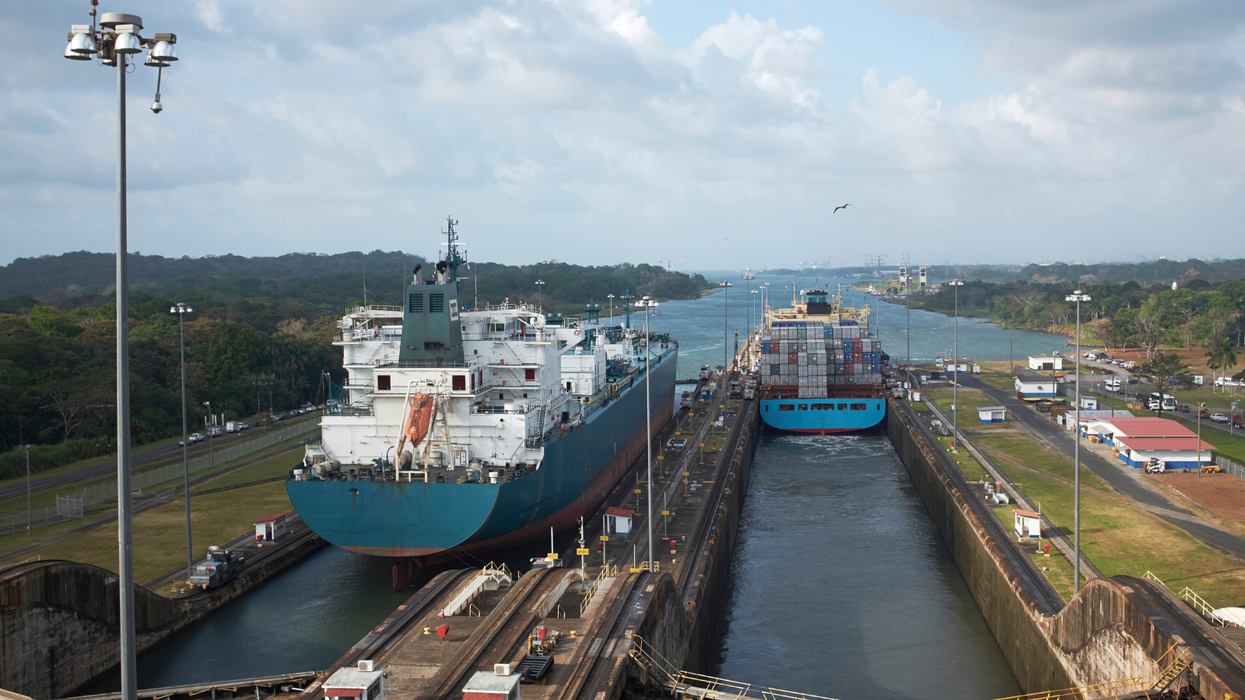President Trump has thrown down the gauntlet to the Panamanian government—threatening to retake the canal, by force if necessary. The question is: What triggered Donald Trump’s attack?
In the likeliest scenario, President Trump was trying to get the attention of China and the Chinese Communist Party (CCP) and the best way was to threaten Chinese access to the Panama Canal.
While American shipping benefits from access to the canal—the canal is vital to China—limiting Chinese access would be a major economic blow to China and the CCP.
Furthermore, it’s reasonable for President Trump to believe the CCP, through the Hong Kong-based management company CK Hutchinson Holdings, which manages the two ports on either side of the canal, is monopolizing the Panama Canal for the best interest of Chinese shippers.
This has opened the door for President Trump to do what he does best—threaten global commerce in order to create a more level playing field for American business.
The President is focusing on the Torrijos-Carter Treaty, which gave the canal back to the Panamanians in 1977. He is likely basing his remarks on the “Neutrality” portion of the treaty. If China and the CCP are indeed gaining an unfair advantage, Panama has a serious problem on its hands.
The bigger issue: is the canal necessary for American interests?
The canal is merely another option for moving cargo from the East Coast to the West Coast of the U.S.
It is worth pointing out that American shipping has numerous ways to get American products to the global market: long-haul trucking, rail, the Mississippi River, deep water ports on both coasts and the Gulf of Mexico.
The canal is just one more option. In this regard, the canal has economic value, but by no means would American business be crippled without access to it.
The point is the canal is not a strategic asset for America. It’s not vital to U.S. interests. American manufacturers would not unduly suffer with reduced access to the canal.
American manufacturers would likely experience a level of price increases, but their global access to the market would largely go unaffected. The same cannot be said for Chinese interests.
There are effectively two means for the Chinese products to get to the Atlantic side of America: the Panama and Suez Canals.
For obvious reasons, going through the Suez Canal represents an unwanted expenditure no Chinese manufacturers would like to incur. So, the Panama Canal has become their main cargo route.
For the Chinese, the Panama Canal has become a strategic part of their game plan for global access. They need the canal—American business not so much.
Regardless of the strategic importance for America, the canal has opened the door to Donald Trump. He is leveraging Chinese shipping needs to promote his ongoing efforts to generate a level global playing field for American business.
Dan Butterfield is the author of 11 E-books written under Occam’s Razor by Dan Butterfield. A list of publications: “Cultural Revolution,” “Prosecutorial Misconduct,” “Benghazi—The Cover-Up,” “The Russians Are Coming, The Russians Are Coming,” “Treason,” “11 Days,” “First Premise,” “GOP’s Power Grab,” “Guilty,” “Comey’s Deceit,” and “False Narratives.”



















Trump & Hegseth gave Mark Kelly a huge 2028 gift